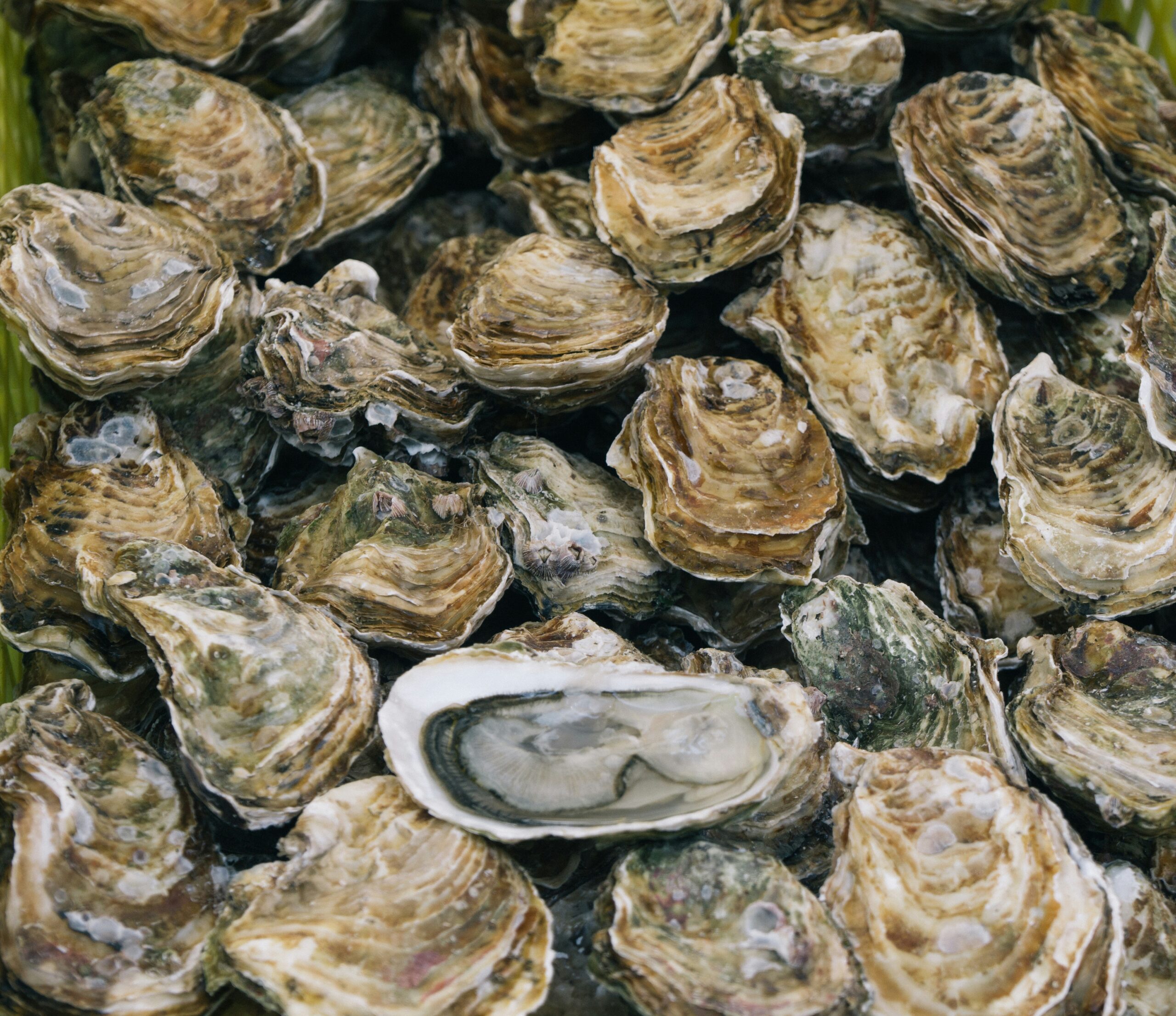Photo by Ben Stern
A milestone in marine restoration has been achieved after 50,000 native oysters were deployed into the Daugleddau Estuary in Pembrokeshire as part of a large-scale effort to rebuild natural oyster reefs. The oysters are expected to improve water quality, capture carbon and create habitats for marine life.
Foundational to ecosystem health
Bridget Orchard, Wales programme manager at the Marine Conservation Society, said: “This is a major milestone in our efforts to restore native oysters to Welsh waters. These adult oysters are more than just a species reintroduction – they’re foundational to marine ecosystem health, and their return signals the beginning of a wider recovery.”
She added: “What’s especially exciting is that they lay the foundations for the estimated 50,000 baby oysters now being carefully raised, who will one day follow in their footsteps. It’s a testament to what can be achieved when environmental charities, funders and local communities come together with a shared vision for ocean recovery.”
The deployment took place as part of the Natur Am Byth! programme, delivered through a partnership of nine environmental charities and Natural Resources Wales, with support from Welsh Government. The Marine Conservation Society leads the marine arm of the programme, which builds on the Welsh Native Oyster Action Plan.
Next generation in development
In addition to the oysters already deployed, more than 50,000 juvenile oysters have been moved from Bangor University to Tethys Oysters. These young oysters will mature at an oyster farm in Angle Bay before being placed on the seabed in 2027.
FatFace and the FatFace Foundation have funded this next phase of the project. Carly Jones, senior brand marketing manager at FatFace, said: “Supporting the restoration of native oyster reefs in Wales reflects our commitment to protect and restore the environments that sustain us. Through our People, Planet and Community strategy, we’re focused on making a tangible, lasting difference, and we’re proud to help enable this vital work with the Marine Conservation Society.”
Building towards broader restoration
This work also supports the Marine Conservation Society’s upcoming Atlantic Coast Programme, which aims to restore key coastal species including oysters, seagrass and kelp along the UK’s western coastline.
The project is supported by Sue Burton, SAC officer for the Pembrokeshire Marine Special Area of Conservation, as well as Pembrokeshire Coast National Park Authority, Bangor University School of Ocean Sciences, FatFace and the FatFace Foundation.
The deployment represents a concerted effort to rebuild once-abundant native oyster reefs that were wiped out by overfishing and pollution in the last century, with the restored population expected to play a vital role in improving the health of the Daugleddau Estuary and surrounding waters.
